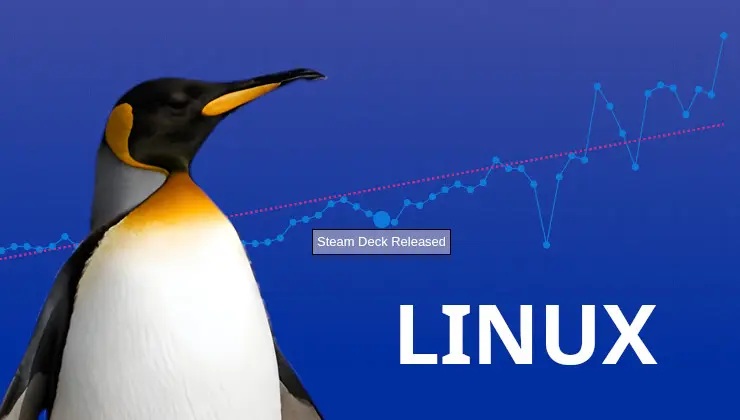All of my games run better on Linux, only reason for windows now is VR.
My main games are Star Wars Battlefront 2, Star Citizen, Minecraft and Cyberpunk
Do you not use Roblox? Microsoft got me locked out of it pretty good.
They likely don’t play Valorant, Fortnite, Roblox, Rainbox Six Siege, Destiny or League of Legends.
Basically all of my games run well on Linux, but I wouldn’t dare say they run better on Linux than Windows. Some do, e.g. Minecraft, but almost all other games have at least a bit lower FPS.
If games build for Windows in general ran better on Linux it’d be pretty surprising, given the amount of investment into Windows gaming there’s from many more big corporations than we have on Linux.
Linux gaming is better than ever, but there’s enough people expecting too much and going back to Windows because of Linux gaming shilling.
Linux is usually lighter on hardware, so in theory you have more performance left for games. I doubt it’s noticeable though and I certainly didnt notice any difference except for some games like GTA 4 and Sims 3. They run a lot better on Linux than on Windows.
Yes, Linux OS are usually lighter on hardware. But if we’re talking about gaming and other heavy applications usually have the same hardware requirements.
Windows Defender, update checker and other system services on Windows do tank performance by a few percent as shown by those “debloated” Windows images.
But DXVK also usually reduces performance by 5-15%, even more so for VKD3D. This outweighs the performance gains of less background services. Not to mention I’m (and I guess most people are) running apps like Discord, Spotify and Firefox in the background.
There’re games running better on DXVK than native D3D, but that’s usually because they are using an older graphics API that isn’t optimized on newer GPUs. Both GTA IV and Sims 3 use DirectX 9. Interestingly, running older titles om Windows with DXVK also results in performance gains.
I certainly didnt notice any difference […]
Me neither, except for a few games where my hardware was already struggling. Without direct comparisons I’d say a 10% performance overhead is negligeble too.
Just curious: Have you tried VR with ALVR under Linux? What is holding you to Windows?
I picked up a Quest 3 recently, and have been having success running it under Linux. That said, I don’t know any different.
I did look into it around December but saw the index wasn’t playing nice with Linux. I may look back into it, as thats all thats keeping Windows installed at this point.
There were some recent fixes to Steam VR but I have never tried a VR headset myself. It should work on Wayland with a compositor that supports DRM-leasing protocol, so basically everything but GNOME.
Have you tried running modded minecraft on linux, how good would you say it runs of at all possible
Yeah, it runs better in my experience. I want to say, it may be different depending on the hardware just like Windows.
I use prism launcher, it auto installs fabric, forge, etc for you.
I recently experimented with ALVR on my Deck after overcoming some hurdles it actually worked quite well. Overload and Hellblade ran surprisingly well, even on the Deck. Just a hickup every 15 minutes or so when it was loading something, I guess.
Caveat: I don’t run SteamOS, so it’s a little bit easier for me to have all the dependencies.
Wait til it hits 2.3%
2.4 is the tipping point. Mark my words.
Any day now, it’s gonna be the year of the Linux handheld.
It already is, it’s at 2.32%
What a time to be alive
I, for one, welcome our new penguin overlords.
We are at the point where the gas paddle is pressed to the floor and the engine is roaring but the turbo hasn’t spooked up fully yet and kicked in so we are righhtttt about to get punched in the face by another level of torque and acceleration of Linux growth.
man i’m a linux enjoyer but celebrating 2% feels really desperate lmao, when it hits 5% i’ll be ready to respond with an entire “oh sweet”
Feel you on that. 5% will definitely be a major milestone and I can’t wait for it to happen. Hopefully at that point more manufacturers and publishers will take Linux more seriously and give us better support.







